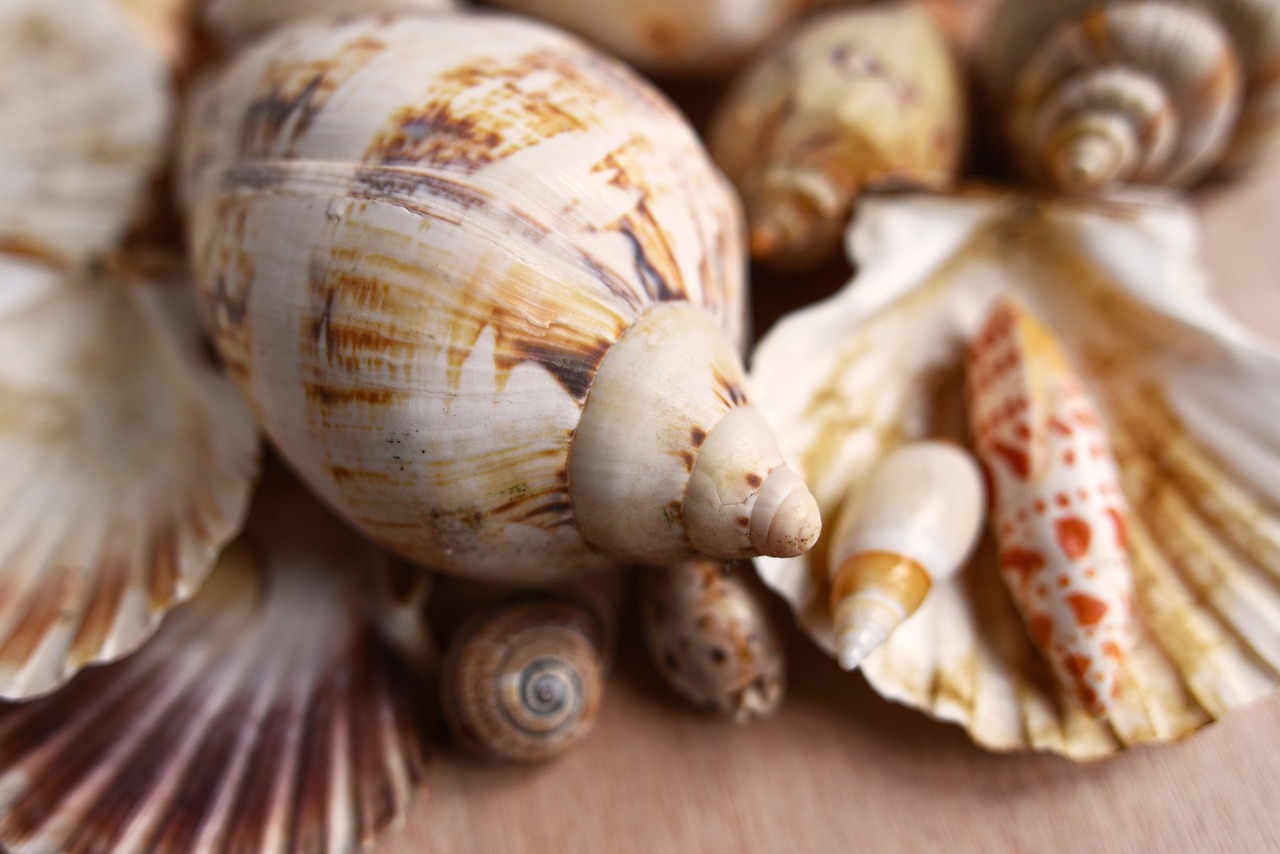The Italian clam production sector is going through a crisis, as these delicacies have almost disappeared from the markets. Lovers of one of the symbolic dishes of Christmas Eve are in trouble. In fact, the clams have been almost completely eliminated due to the invasion of the blue crab, which has destroyed the farms in the Po Delta, also compromising the seed resources. Meanwhile, the marine clams, known as lupini and which had remained relatively intact, are facing serious problems due to the mucilage that hit the Adriatic coast during the summer.
The alert was launched by Confcooperative Fedagripesca to ANSA, expressing concern for a sector that before the blue crab and algae emergency was worth around 300 million euros. During the summer months, the large gelatinous masses severely hindered fishing and damaged the gear used for capture. Now that these algae have settled on the seabed, they represent a serious threat to species such as clams, mussels and cockles; these molluscs tend to move little and are dying due to anoxia and the increase in water temperature.
Faced with this critical situation, fishermen have decided to implement an additional stop in their activity and request financial support to deal with the periods of forced inactivity. With the increasing difficulty in serving dishes of spaghetti with clams made in Italy in restaurants or in Italian homes, an increase in imports of Portuguese clams is observed.
According to a study conducted by Fedagripesca, seven out of eight Italians consider spaghetti with clams one of the most popular fish dishes and suitable for special occasions. Portugal could therefore offer a solution to repopulate the farms in Veneto and Emilia Romagna. However, relaunching this economy is not easy: Italy was a leader in Europe in the production of clams and now it is necessary to address several problems. It will be essential to reclaim the waters from the invasion of the blue crab, delimit the areas intended for production and reintroduce the seed into the waters.
Paolo Tiozzo, vice president of Confcooperative Fedagripesca, emphasizes that the main obstacle lies in the last step: finding an adequate quantity of seed is extremely difficult; the estimated need amounts to billions of specimens of true clams. Currently, it is not easy to find such resources or manage them with the methods available.
In this complex context, it is increasingly urgent to find effective strategies to safeguard an important Italian gastronomic tradition and ensure the sustainability of livestock farming in the long term. The challenge is significant but necessary to preserve a precious culinary heritage and ensure Italians have access to the dishes they love during the holidays and beyond.


